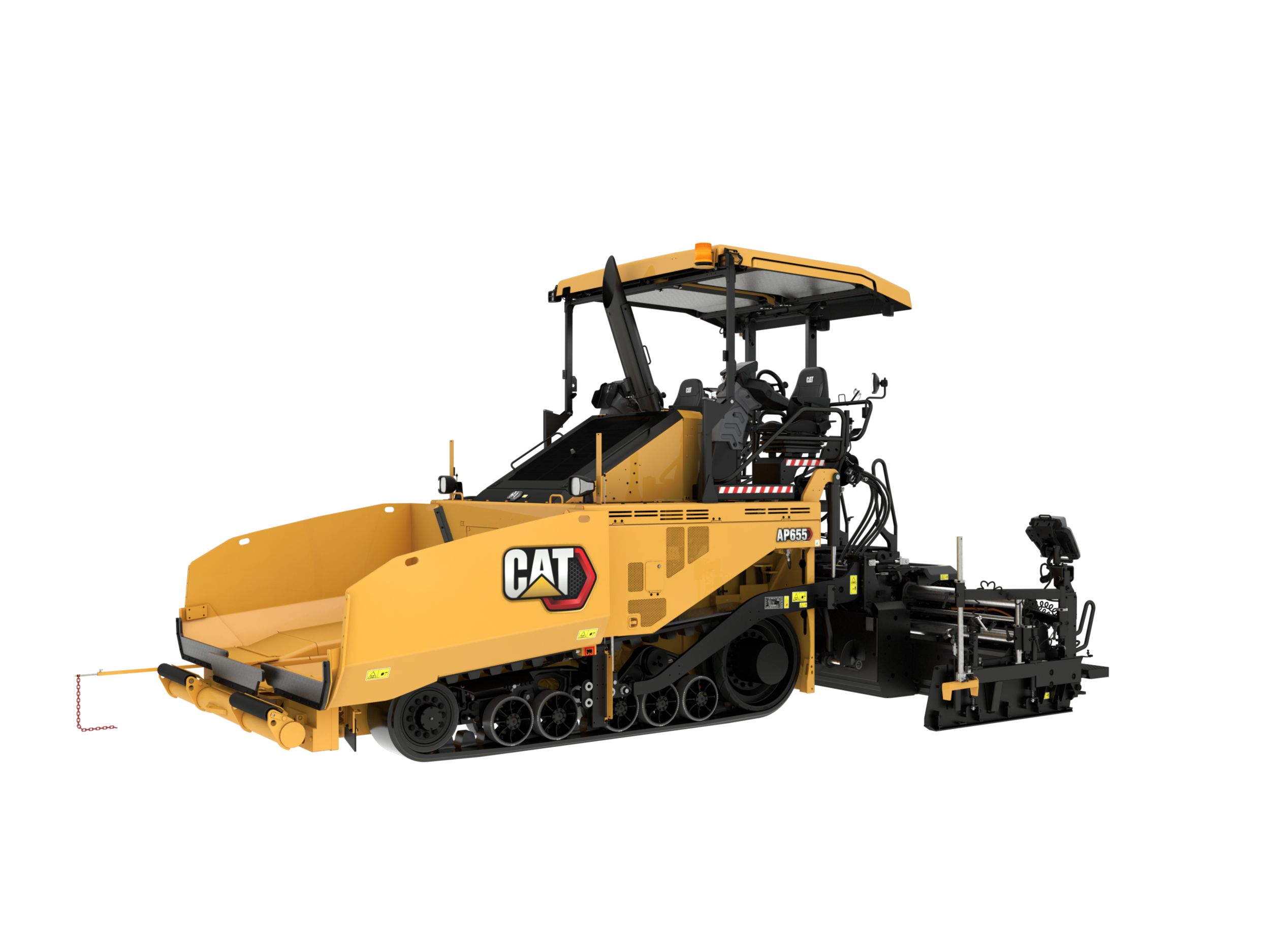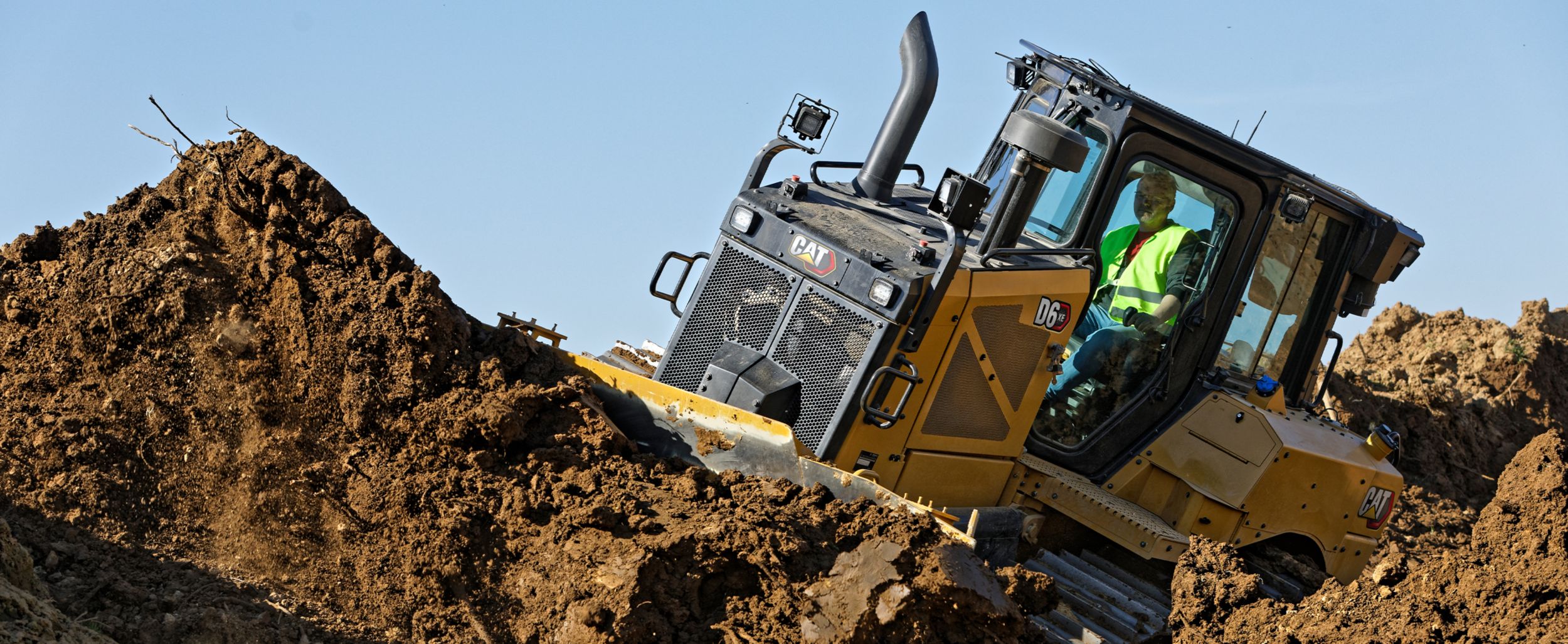Forklift Rental in Tuscaloosa, AL: Versatile Lifting Solutions for Your Demands
Forklift Rental in Tuscaloosa, AL: Versatile Lifting Solutions for Your Demands
Blog Article
Exploring the Financial Perks of Leasing Building And Construction Equipment Compared to Having It Long-Term
The choice in between possessing and leasing building devices is crucial for financial management in the industry. Renting out deals prompt expense financial savings and functional versatility, allowing business to assign sources a lot more efficiently. Recognizing these subtleties is necessary, especially when considering just how they align with details job demands and monetary strategies.

Expense Comparison: Renting Out Vs. Possessing
When examining the financial implications of renting out versus having building and construction devices, an extensive cost contrast is necessary for making notified choices. The option between owning and renting out can dramatically affect a company's profits, and recognizing the connected costs is critical.
Leasing building and construction devices generally entails lower ahead of time costs, enabling services to allot funding to various other functional needs. Rental arrangements typically consist of flexible terms, making it possible for companies to accessibility advanced machinery without lasting dedications. This adaptability can be especially advantageous for short-term tasks or varying work. However, rental expenses can build up with time, possibly surpassing the cost of possession if tools is needed for a prolonged duration.
On the other hand, having building devices calls for a significant initial investment, along with ongoing costs such as insurance coverage, financing, and depreciation. While possession can bring about lasting financial savings, it additionally locks up funding and might not provide the very same degree of adaptability as leasing. Furthermore, having devices requires a commitment to its use, which may not always straighten with task needs.
Eventually, the decision to possess or rent out needs to be based on a detailed analysis of details task requirements, monetary capacity, and lasting tactical objectives.

Maintenance Expenditures and Obligations
The option between renting out and possessing building devices not only includes financial considerations but likewise includes continuous maintenance expenditures and duties. Having equipment calls for a substantial commitment to its upkeep, which includes regular evaluations, repairs, and possible upgrades. These obligations can rapidly accumulate, resulting in unexpected prices that can strain a budget.
On the other hand, when leasing tools, upkeep is usually the responsibility of the rental business. This arrangement permits specialists to avoid the economic concern linked with deterioration, as well as the logistical challenges of scheduling repairs. Rental contracts often consist of provisions for maintenance, suggesting that professionals can concentrate on completing jobs as opposed to bothering with devices problem.
Furthermore, the diverse series of equipment offered for rental fee enables business to pick the most up to date versions with advanced innovation, which can boost performance and productivity - scissor lift rental in Tuscaloosa, AL. By going with services, businesses can prevent the lasting liability of equipment depreciation and the connected upkeep frustrations. Ultimately, examining upkeep expenses and obligations is critical for making an informed decision regarding whether to have or rent out construction devices, significantly affecting total task prices and functional efficiency

Depreciation Influence On Possession

A substantial element to take into consideration in the choice to possess construction tools is the influence of devaluation on total possession expenses. Depreciation stands for the decline in worth of the tools with time, influenced by factors such as use, damage, and improvements in innovation. As tools ages, its market price lessens, which can substantially affect the proprietor's financial placement when it comes time to offer or trade the tools.
For building and construction business, this depreciation can translate to significant losses if the tools is not made use of to its fullest potential or if it lapses. Proprietors need to make up devaluation in their financial estimates, which can result in greater general costs contrasted to renting. Furthermore, the tax effects of depreciation can be complicated; while it might supply some tax obligation benefits, these are often countered by the reality of minimized resale value.
Ultimately, the burden of devaluation stresses the value of understanding the long-lasting economic commitment associated with having construction devices. Firms must very carefully review how commonly they will use the tools and the potential monetary influence of depreciation to make an educated choice concerning ownership versus leasing.
Economic Flexibility of Leasing
Renting out construction devices uses substantial economic flexibility, allowing business to designate sources more effectively. This versatility is especially critical in an industry characterized by fluctuating project demands and varying workloads. By opting heavy duty forklift rental to rent, companies can prevent the considerable funding investment needed for buying devices, maintaining capital for various other functional demands.
In addition, renting out tools makes it possible for firms to customize their devices options to details job demands without the long-lasting commitment associated with possession. This suggests that organizations can conveniently scale their devices stock up or down based on expected and present task requirements. Consequently, this adaptability lowers the danger of over-investment in machinery that may come to be underutilized or out-of-date over time.
Another economic benefit of renting is the possibility for tax obligation benefits. Rental settlements are usually taken into consideration operating budget, enabling prompt tax obligation deductions, unlike depreciation on owned and operated devices, which is spread over numerous years. scissor lift rental in Tuscaloosa, AL. This instant expenditure recognition can further boost a company's cash money setting
Long-Term Project Factors To Consider
When examining the long-term requirements of a construction organization, the decision in between renting and having equipment becomes a lot more intricate. Secret aspects to take into consideration consist of project duration, frequency of usage, and the nature of upcoming tasks. For tasks with extended timelines, buying equipment may appear advantageous as a result of the potential for reduced total costs. Nonetheless, if the equipment will not be used consistently across jobs, owning may bring about underutilization and unnecessary expense on insurance, storage, and maintenance.
In addition, my latest blog post technological improvements present a significant consideration. The building industry is developing quickly, with new equipment offering enhanced efficiency and safety and security attributes. Leasing enables business to access the newest innovation without committing to the high ahead of time prices connected with acquiring. This adaptability is especially beneficial for services that deal with varied projects needing various types of equipment.
Furthermore, economic stability plays a crucial role. Having equipment usually involves significant resources financial investment and depreciation problems, while leasing permits more foreseeable budgeting and money circulation. Ultimately, the selection between renting out and owning needs to be lined up with the calculated goals of the building organization, thinking about both existing and expected job needs.
Verdict
In verdict, renting out building and construction tools supplies substantial financial advantages over long-term ownership. Ultimately, the choice to rent instead than very own aligns with the vibrant nature of building and construction tasks, permitting for adaptability and access to the newest equipment without the financial concerns associated with possession.
As tools ages, its market worth reduces, which can considerably affect the owner's economic placement when it comes time to sell or trade the equipment.
Leasing building and construction devices offers significant economic flexibility, allowing firms to designate resources more successfully.Furthermore, renting tools allows companies to customize their equipment choices to details job requirements without the lasting have a peek here commitment linked with ownership.In verdict, leasing construction tools provides significant monetary advantages over long-term possession. Ultimately, the decision to rent out rather than very own aligns with the dynamic nature of building jobs, allowing for versatility and access to the most current equipment without the financial burdens linked with ownership.
Report this page